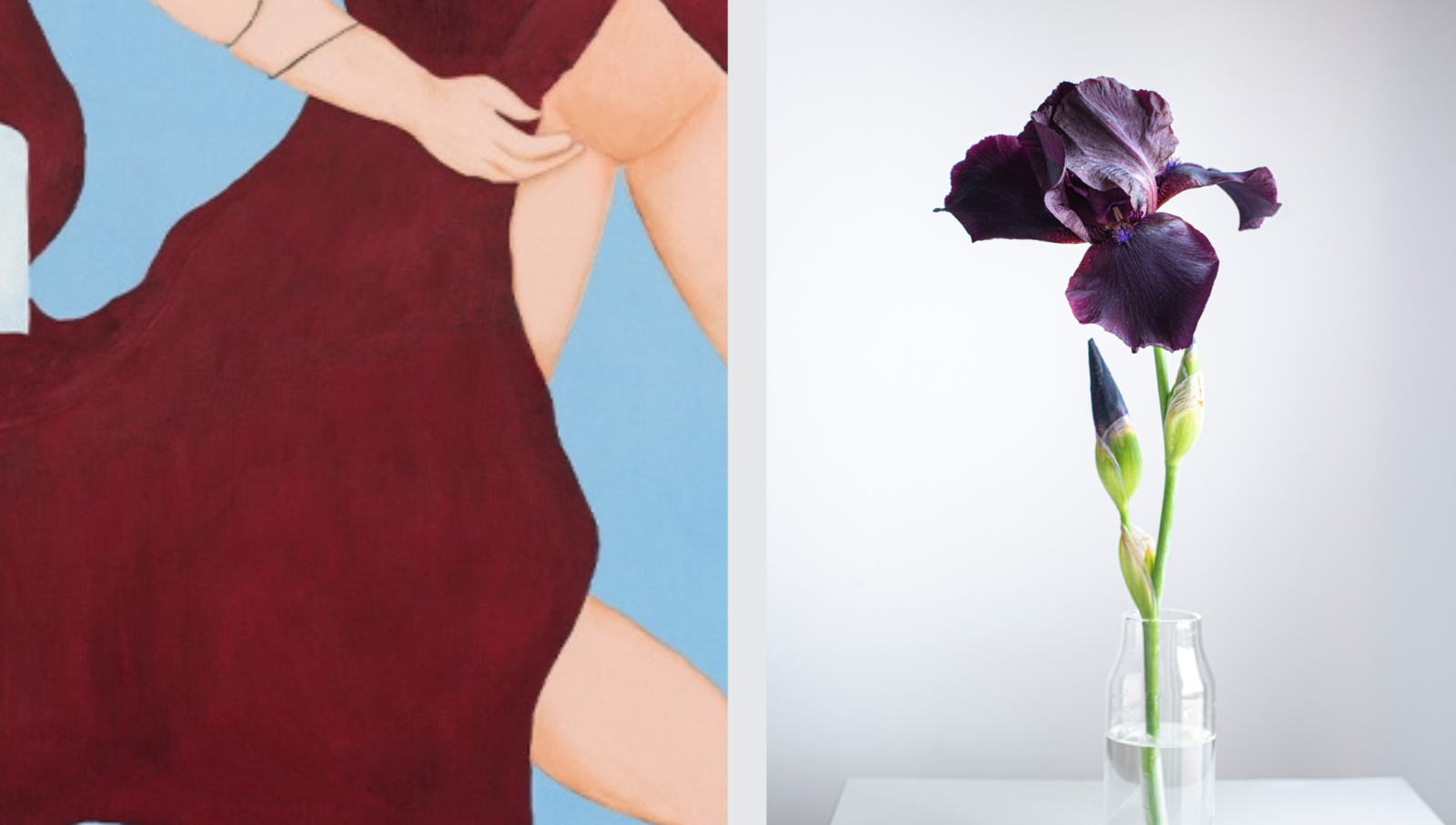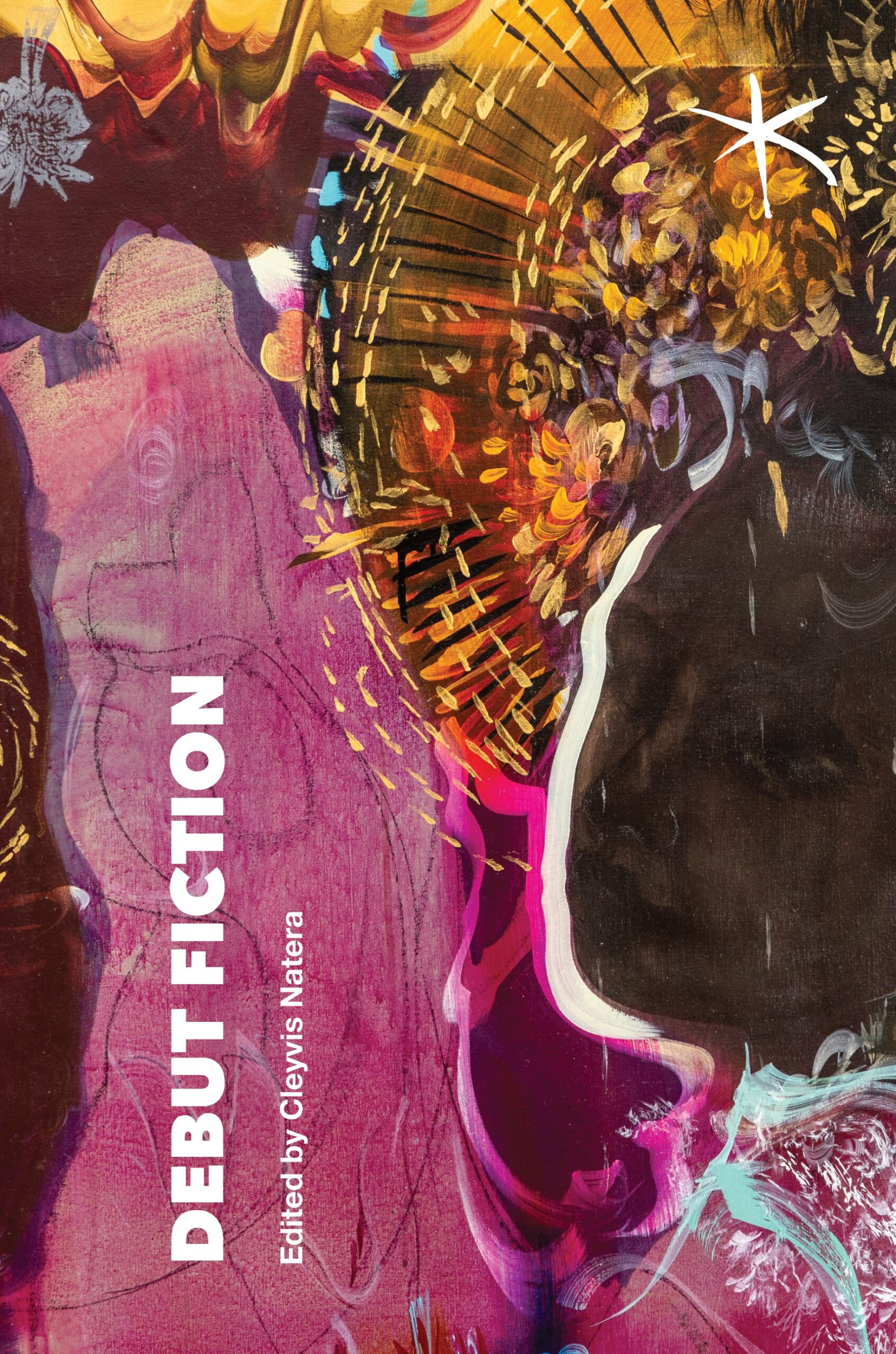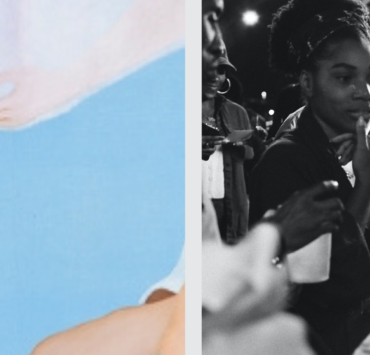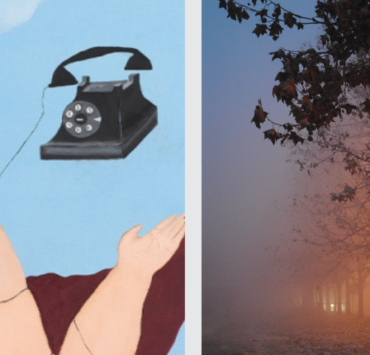
The seed has waited.
Cecilia Vicuña
It all started the day the old man invented the tale of the rib; then of biology, of inferiority, of subordination, that of matter itself. Then they confined her, restrained her, sewed her lips together, gouged out her eyes, sat her in a hive of ants, and bathed her in honey. They tied her, oh, they tied her up, with thick ropes and chains and words. They also covered her waist and her sex with iron. They beat her until their own fists began to bleed.
They lit the fires and let the smell of her of burned meat roam the corridors of memory. They cut off her clitoris. They made ablation the norm.
Her head was scraped, they also covered her in black, and sent her for a walk in the desert. They lengthened her neck with copper necklaces and, as a gesture of beauty, mutilated her feet.
All, absolutely all the gods were reconciled to condemn her.
They strangled her.
They killed her over and over again, and over and over again. But the next day, against all expectations and formalities, she grew, her limbs narrowed, her torso expanded, her chest widened, her mouth opened, her tongue saw the light and her voice made itself heard.
She also touched herself, yes, her fingers entered her geometrized vulva and she liked herself and she met herself and lived. She then clothed herself with creative blood and resurfaced, with one slash she tore off the strings and after, she germinated.
She germinates.
Germina
La semilla ha esperado.
Cecilia Vicuña
Todo empezó el día en el que el viejo se inventó el cuento de la costilla; luego el de la biología, de la subordinación, de las limitaciones, el de la materia misma. Entonces la confinaron, la coartaron, le cosieron los labios, le sacaron los ojos, la sentaron en una colmena de hormigas y la bañaron con miel. La ataron, oh, la ataron, con gruesas sogas, cadenas y palabras. Con hierro también cubrieron su cintura y su sexo. La golpearon hasta que sus propios puños empezaron a sangrarles.
Encendieron las hogueras y dejaron que su olor a carne quemada deambulara por los pasillos de la memoria. Le cercenaron el clítoris. De la ablación hicieron la norma.
Le rasparon la cabeza, la cubrieron de negro y la mandaron a echar una caminata por el desierto. Le alargaron el cuello con collares de cobre y, como un gesto de belleza, le mutilaron los pies.
Todos, absolutamente todos los dioses se conciliaron para condenarla.
La estrangularon.
La mataron una y otra y otra vez y otra vez más. Pero al día siguiente, en contra de todas las expectativas y formalidades, ella creció, sus extremidades se estrecharon, su torso se expandió, su pecho se ensanchó, su boca se abrió, su lengua vio la luz y su voz se hizo escuchar.
También se tocó, sí, sus dedos entraron en su vulva geometrizada y se gustó y se conoció y se vivió. Entonces se revistió de sangre creadora y resurgió, de un tajó cortó los hilos y luego germinó.
Ella germina.
This piece is from our Winter 2021-2022 in-residency series, The Amaranta Project.

Kianny N. Antigua is a Senior Lecturer of Spanish at Dartmouth College, and an independent translator and adapter for Pepsqually VO Sound & Design, Inc. Antigua has published twenty-four books of children’s literature (seven by commission), five of short stories, two collections of poems, an anthology in two languages, a book of microfiction, and a novel. She has won sixteen literary awards and many of her texts have been included in anthologies, literary journals, newspapers and textbooks. Some have been translated into English, French and Italian. She is the translator (Eng./Spa.) and the audiobook narrator of Dominicana (Seven Stories Press, 2021), by Angie Cruz; translator of the children's novel Lucky Broken Girl, by Ruth Behar; the YA novel Never Look Back (Bloomsbury/Audible, 2022), by Lilliam Rivera; and the picture book Plantains Go with Everything (HarperCollins, 2023), by Lissette J. Norman.







